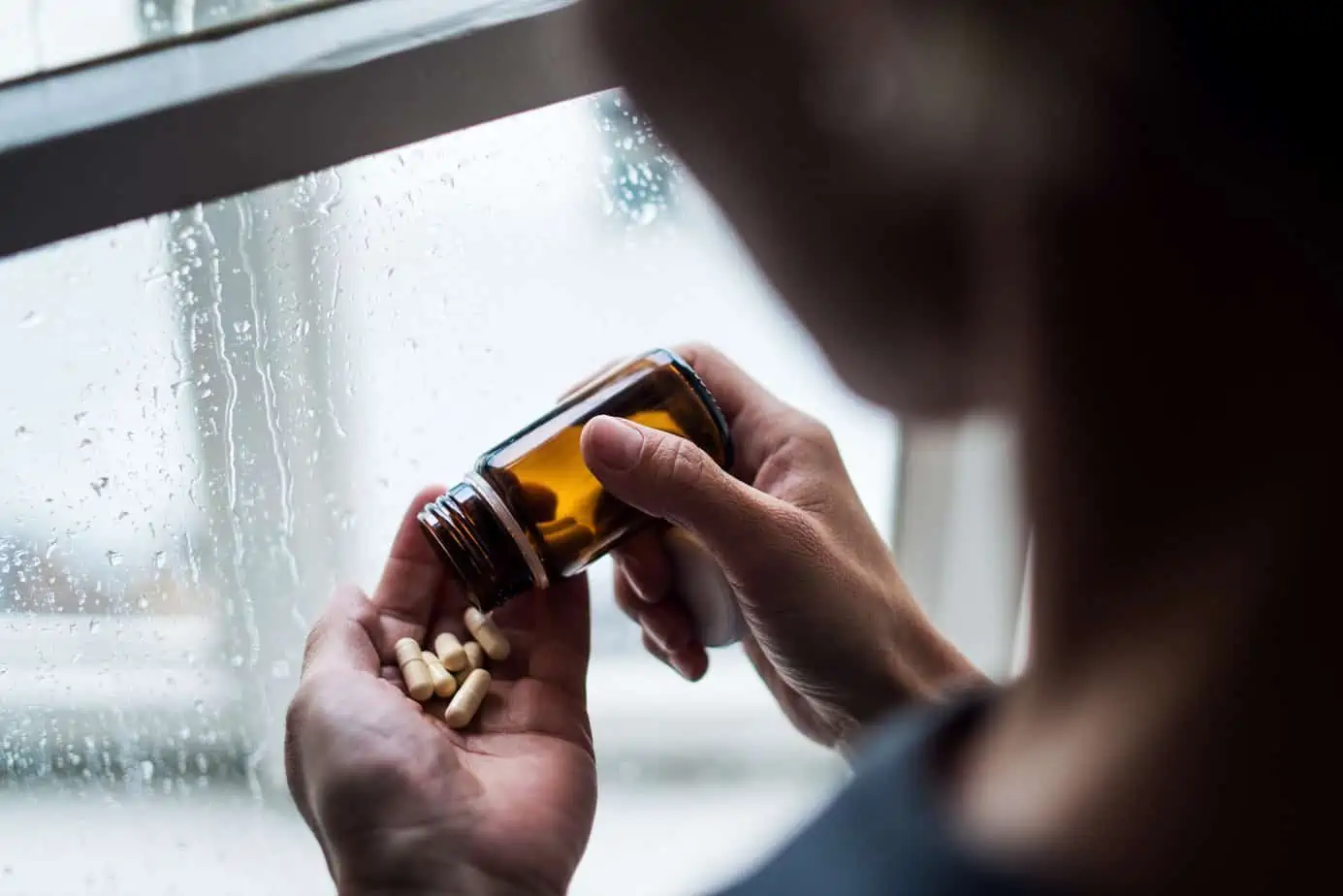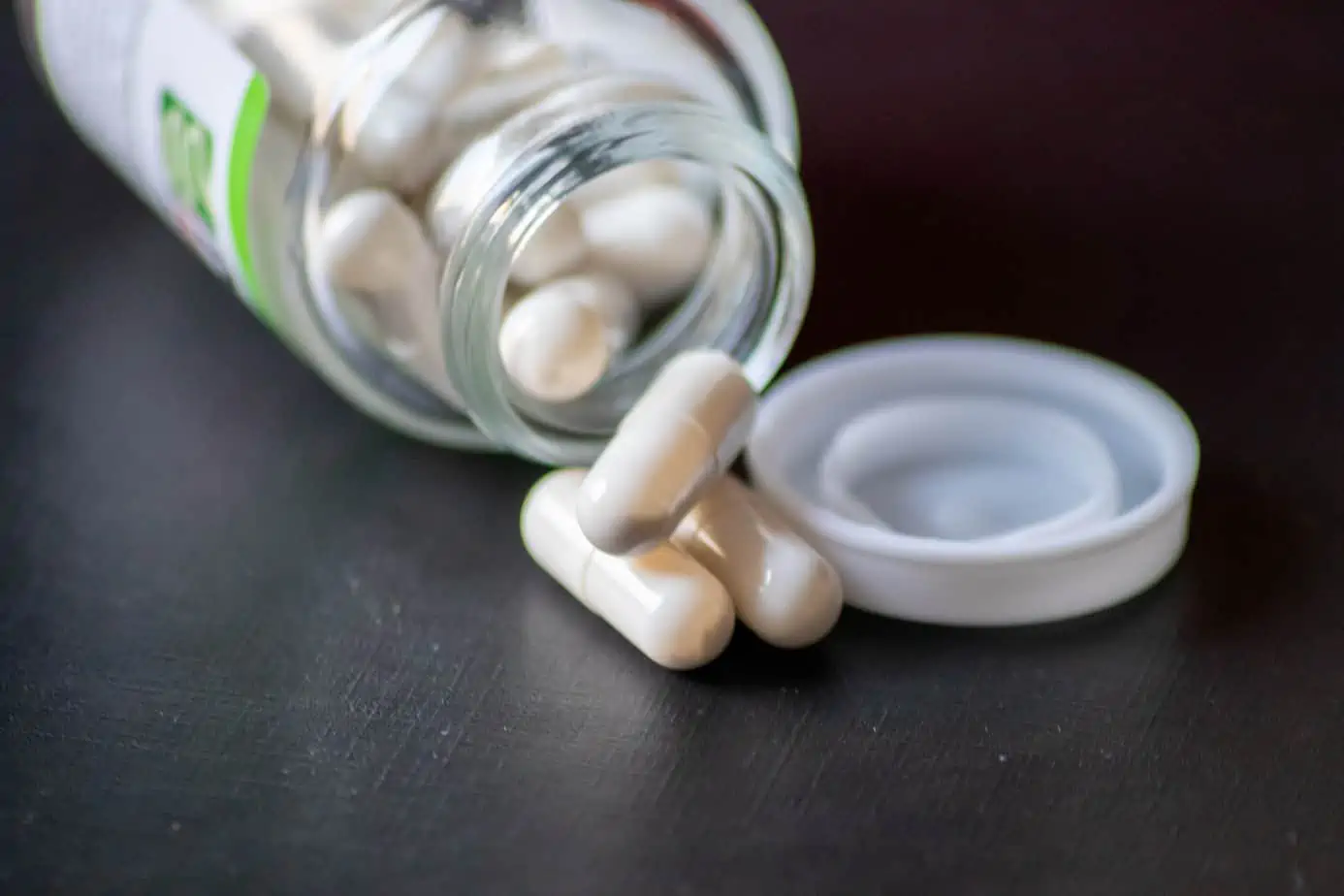Drug overdoses can be deadly. But what happens to those individuals who are fortunate enough to survive? What happens after a dose of naloxone restarts their heart? In some cases, despite being alive, the change in inevitable.
Surviving an Overdose
Roughly five years ago, Linda’s son Andrew overdosed after using heroin and fentanyl. He wasn’t breathing by the time he was found—no one knows how long he was left without oxygen. Doctors didn’t think he’d survive the night. He did, and a month later he was able to be transferred out of the ICU. But even after going to a rehabilitation hospital, outpatient therapy, and receiving around-the-clock care, Andrew will likely never be able to eat on his own, use his hands, or speak clearly. His case is far from unusual. More and more, doctors are seeing individuals survive overdoses and be left to live with physical trauma, brain and lung injuries, and other long-term effects.
What Happens During an Overdose?
During an overdose, breathing becomes dangerously slow, and the heart starts having abnormal rhythms and can even go into cardiac arrest. Then, breathing stops completely, and oxygen stops flowing to the brain. Within a matter of minutes, permanent brain damage can occur.
Opioid overdoses are more frequent and dangerous than ever, mostly due to the prevalence of fentanyl, which its effects can be felt almost immediately. “When a person overdoses on heroin, they may take the drug and then proceed to carry on a conversation for a few moments, then suddenly, that person stops talking and you look over and realize that they’re overdosing,” shares a participant in a study lead by the Center for Disease Control and Prevention. “[With fentanyl,] as soon as they are done [injecting the drug], they don’t even have time to pull the needle out [of their body] and they’re on the ground,” adds the study’s participant.
Can Overdoses Be Prevented?
In many cases, naloxone can help reverse opioid overdoses, but administering this antidote as soon as possible is particularly important when fentanyl is involved. Due to its potency, one dose of naloxone is rarely enough to reverse a fentanyl overdose. In some cases, by the time individuals start breathing again, the damage done is often irreversible.
Even when brain damage doesn’t occur, other severe consequences can happen. In 2016, Jared, a Tennessee native in his late 20s, overdosed on opioids. He survived, but the repercussions of that day have left a lasting impact on his life. “I nodded out and my upper half fell in between my legs, cutting off my circulation to my lower half for 6-10 hours,” says Jared. He spent two weeks on life support, suffered liver and kidney failure, and ultimately had to get both his legs amputated.
Overdose Leads to Disabilities
While not everyone who survives an opioid overdose ends up in a coma or undergoes severe injuries, the number of overdose-associated injuries and disabilities—ranging from mild to severe—is increasing. “I would say at least 75 percent of patients who come in after an overdose have some sort of associated injury, ” says Dr. Ali Raja, the vice chair of emergency medicine at Massachusetts General Hospital, the busiest emergency room in the Boston area.
Researchers also worry that we don’t have enough information to truly understand the neurological impact of an opioid overdose, particularly when it comes to individuals who appear to be seemingly fine following the overdose. They fear that repeated overdoses, even if they don’t result in physical injury or organ damage, will have lasting side-effects later down the line. “There are copious anecdotal reports of increased depression, suicidal ideation, and impulsivity in recurrent overdose survivors, and this is strikingly similar to the individual changes evident in people who experienced CTE (Chronic traumatic encephalopathy, a type of brain degeneration likely caused by repeated head trauma),” says Jon Zibbell, a senior public health analyst.
If you or a loved one is struggling with addiction, Mountainside can help.
Click here or call (888) 833-4676 to speak with one of our addiction treatment experts.

 By
By 







